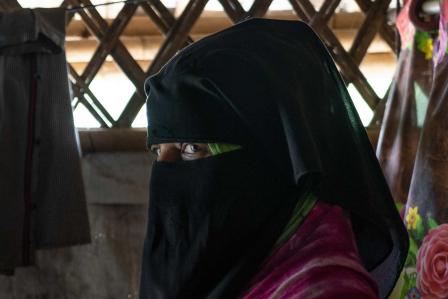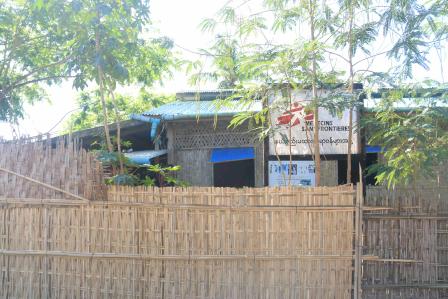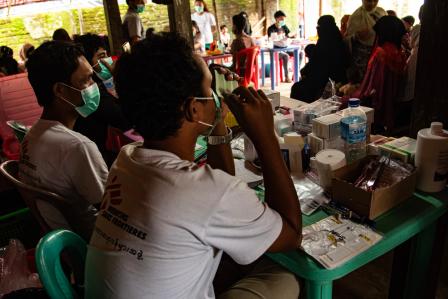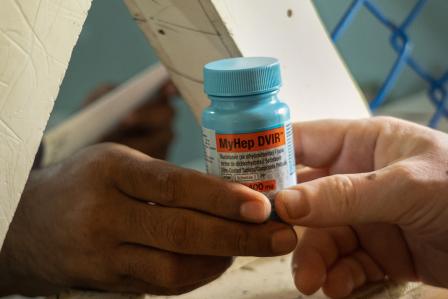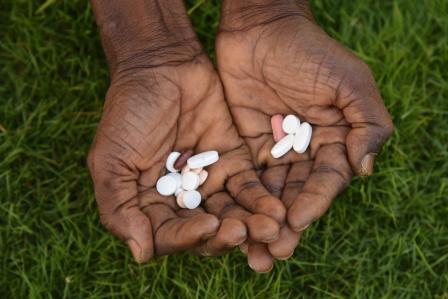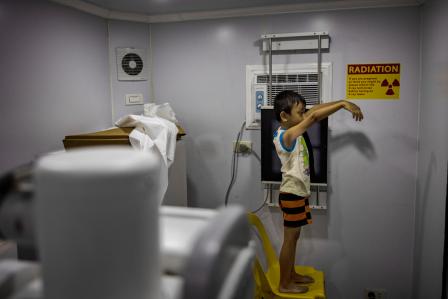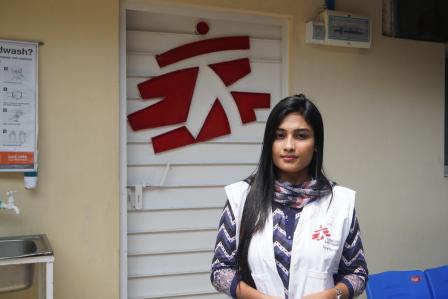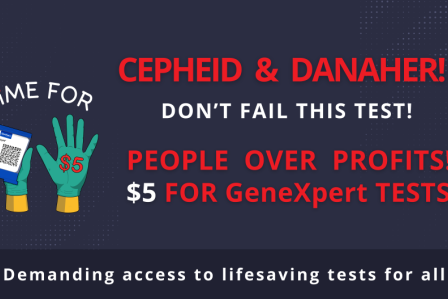Doctors Without Borders response to license between Pfizer and Medicines Patent Pool for new COVID-19 treatment Paxlovid
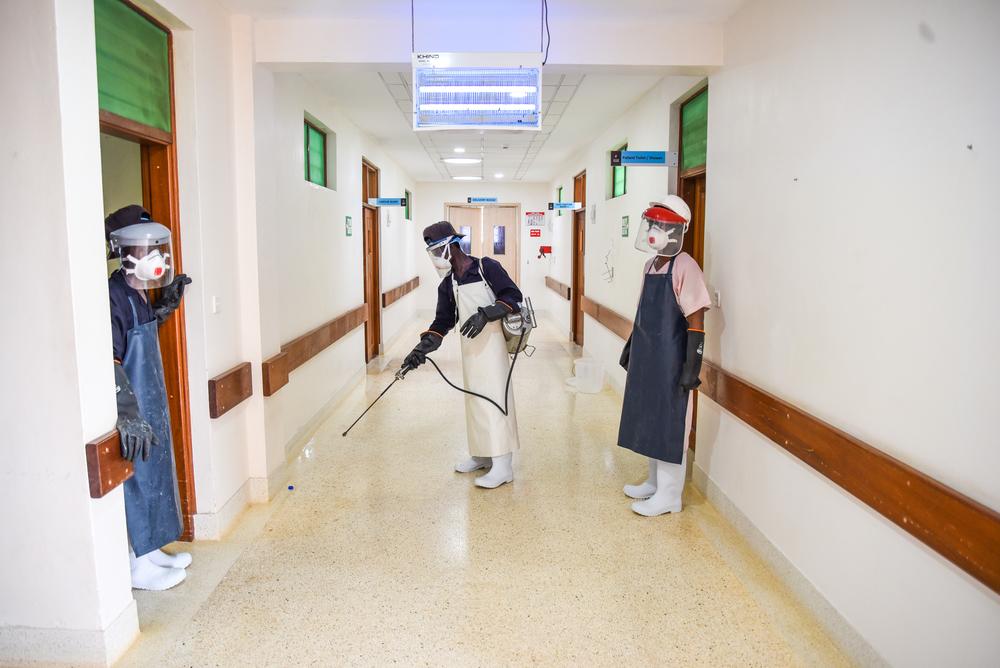
© Paul Odongo/MSF
Pfizer recently shared positive interim results for its COVID-19 oral antiviral investigational candidate PF-07321332 in combination with ritonavir (Paxlovid), which is considered a promising treatment, pending regulatory review, WHO guidance and full data analysis. Pfizer has not disclosed a price for this treatment but have mentioned they will price it similarly to Merck’s pricing for the COVID-19 treatment molnupiravir, at around US$700 per treatment course in high-income countries. For low- and middle-income countries, Pfizer is expected to apply a ‘tiered pricing’ strategy based on the income level of each country.
Today, Pfizer and the UN-backed Medicines Patent Pool announced a voluntary license on this treatment. As the pandemic continues, and in light of the ongoing extreme inequity in global vaccine access, oral drugs that can be produced easily and more affordably as generics and supplied by as many as possible producers, together with the rollout of COVID-19 diagnostic testing, could lower the number of severe cases of the disease and reduce the intense burden on health systems. Licensing deals by pharmaceutical corporations that create uncertainties and segmentation for generic production and supply continue to be part of the problem rather than part of a real solution.
There is no patent yet on the experimental candidate PF-07321332, and ritonavir has been off patent since last year. In the absence of patents on both compounds, able manufacturers, particularly those based in countries excluded from this license, have an opportunity to explore generic production directly. The possible evolving patent landscape shows the urgency for countries to adopt the TRIPS waiver for COVID19 and use all legal options to remove barriers and uncertainties hindering uninterrupted generic productions and supplies.
Yuanqiong Hu, Senior Legal Policy Advisor, MSF Access Campaign:
"Pfizer’s license with the Medicines Patent Pool for its potential oral antiviral treatment offers supply to 95 countries by generic companies that take up the license, covering about 53% of the world’s population, but this again shows how voluntary licenses come up short and do not harness the full capacity available globally for sufficient and sustainable production and supply of lifesaving medical tools for all. Many upper middle-income countries, such as Argentina, Brazil, China, Malaysia and Thailand, where established generic production capacity exists, are excluded from the license territory.
We are disheartened to see yet another restrictive voluntary license during this pandemic while cases continue to rise in many countries around the world. The world knows by now that access to COVID-19 medical tools needs to be guaranteed for everyone, everywhere, if we really want to control this pandemic.
As the pandemic has already rattled the public health infrastructure of most low- and middle-income countries, and resources of health ministries are stretched to the maximum, equitable access to new treatments and other COVID-19 medical tools will only be possible if these are priced close to the cost of production and supplied in sufficient quantities. Pfizer is currently talking about a tiered-pricing strategy, which we know from experience is unnecessarily complex, keeps the decision-making power entirely in the hands of the pharmaceutical corporations, and results in higher prices in many countries.
We have witnessed Pfizer’s continued resistance to share its COVID-19 mRNA vaccine technology broadly, and are now seeing Pfizer taking very limited action on therapeutics. If Pfizer really wants to live up to its promise to contribute to equitable access to this new treatment, it should clearly state that they will not stand in the way of open generic production and competition, instead of signing restrictive voluntary licenses, and lift any kind of intellectual property monopoly during this pandemic. Pfizer should also refrain from seeking any new monopolies on ritonavir, either solely or in combination with the other compound, as the drug remains an important part of some antiretroviral regimens for people living with HIV.
It is extremely important that governments continue to use all means, including refusing to grant any patents on this treatment, and the adoption of the ‘TRIPS Waiver’ at the upcoming WTO Ministerial Conference at the end of November, to ensure that there are no restrictions on generic production of this and other COVID-19 treatments anywhere, in order to ensure true global access and save as many lives as possible."
